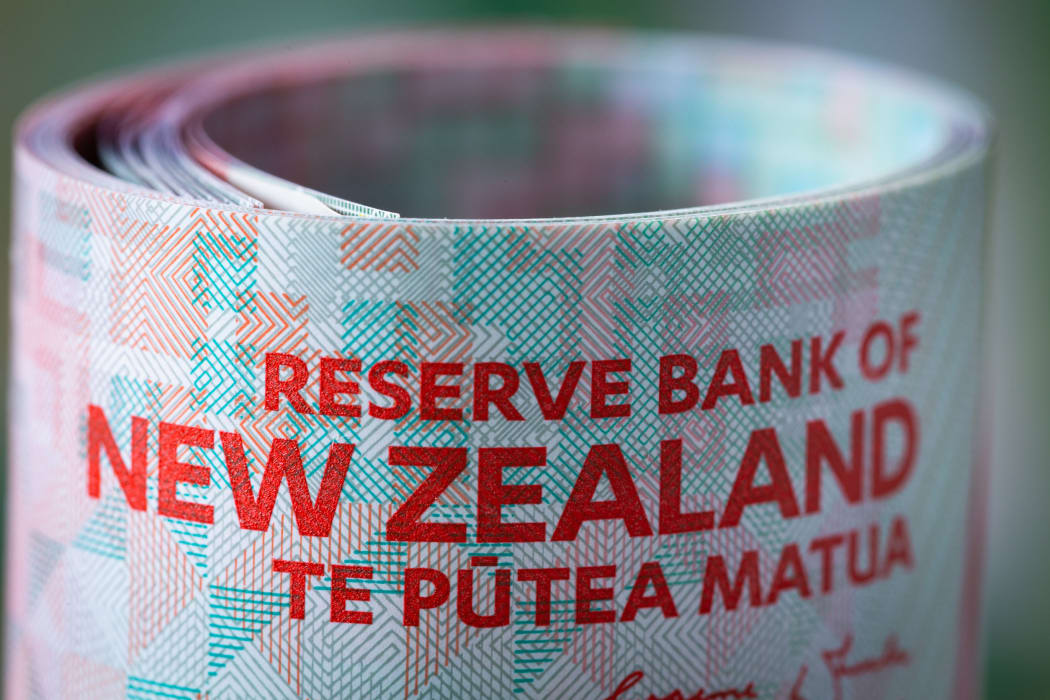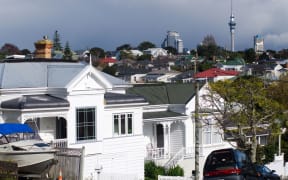The Reserve Bank (RBNZ) looks set to deliver a rise in the official cash rate this Wednesday - something that has not happened in seven years.

Photo: 123RF
The calls from financial markets and economists have grown to a crescendo in the two weeks since official numbers showed a dramatic fall in unemployment to 4 percent, with a sharp decline in underutilisation, strong job creation, and a pick-up in wages.
Those numbers only added fuel to the rate-rise fire, which had been burning fiercely as annual consumer inflation hit 3.3 percent, and news headlines were filled daily with stories of supply disruptions and labour shortages pushing up prices.
"The economy is stretched to bursting, we are at or through maximum sustainable employment, and inflationary pressures are rising almost exponentially," BNZ head of research Stephen Toplis said.
When the Covid-19 pandemic hit 18 months ago the RBNZ, like central banks around the world, reached into the monetary policy first aid kit and slashed the OCR to a record low 0.25 percent, started buying government bonds to keep a lid on interest rates, and took a range of other measures to ensure there was plenty of cheap cash for banks, businesses, and households.
That helped to ward off the worst effects of recession, business failures, while wage subsidies and mortgage holidays kept people in work and spending.
There were also unintended consequences - cheap money looking for a home went into housing, shares and other assets boosting their prices.
The time for such largesse is over, which the RBNZ has already acknowledged by ending the bond-buying programme last month, and hinting at rate rises in its forward projections.
"The good news is that the RBNZ can do something about the latter, by starting to take its foot off the cash rate accelerator," Toplis said.
Inaction not an option
Salt Funds Management economist Bevin Graham said the RBNZ could not sit on the sidelines.
"It's not just the inflation we see on the surface, but what's bubbling underneath, the wage pressures and the like, and inflation may start to run away on them and if that were to be the case we'd be looking at a more significant tightening in monetary conditions."
Of course, this is what central banks were invented to do in the modern age - slay inflation-breathing dragons.
Graham said a reasonably rapid move to raise the cash rate - three rises this year to 1 percent, followed by a more measured rise to around 2 percent through into 2023 should be sufficient.
It's too early, says economist
But there are opposing voices.
Shamubeel Eaqub of Sense Partners said New Zealand did not have outrageous inflation, and still faced a threat from the Delta variant of Covid-19.
"I know there's been kind of this incredible chatter that the Reserve Bank must raise interest rates right now, but here's a bit of context.
"The number of unemployed people has fallen by about 3000 people from this time last year, but official ... job seeker numbers, they're still up nearly 45,000 from from pre-Covid, and particularly for Māori, for younger people.
"There is in fact still a lot of slack in the labour market, and when you look at the wage increases, that's really making up for the lost ground last year.
"So, yes, it's going to build over the next little while, but that pressure is still to come. The Reserve Bank has time. It shouldn't go too early like it did after the global financial crisis."
That harks back to when the RBNZ raised the OCR in four rapid moves in 2014 only to reverse the moves a year later as the inflation pressures disappeared.
For the past six months the RBNZ has said many of the inflation pressures are transitory and likely to dissipate. Time will tell, but expect interest rate rises sooner rather than later.






